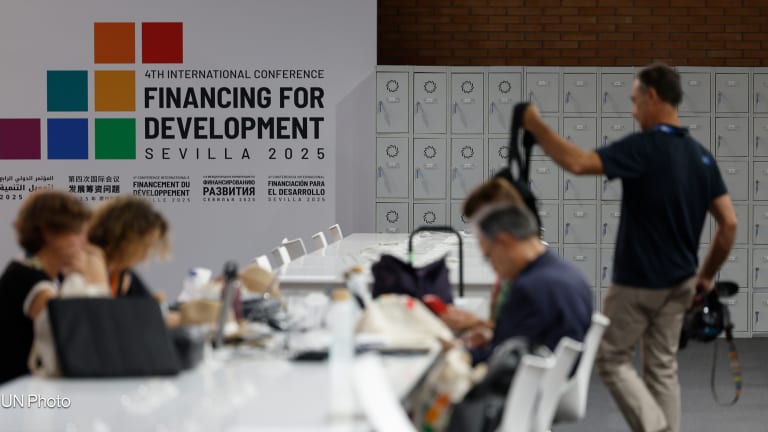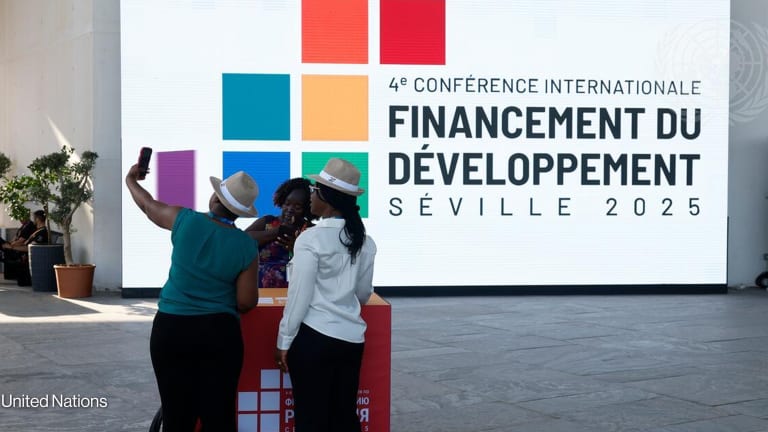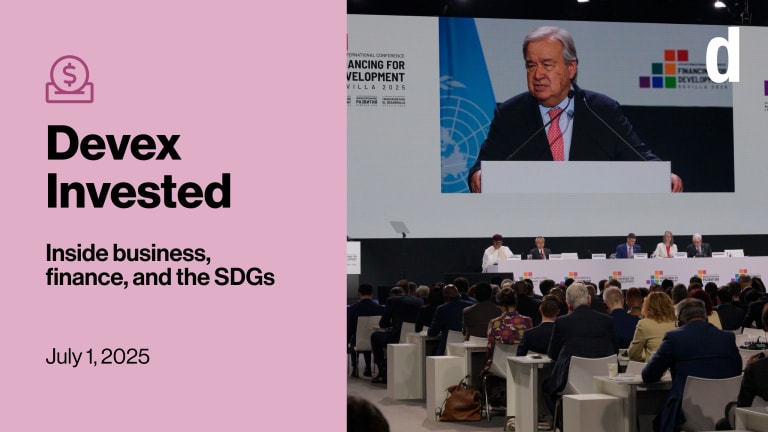
Since June 2023, international organizations headquartered in Paris — the Council of Europe Development Bank, French Development Agency, International Chamber of Commerce, International Energy Agency, Organisation for Economic Co-operation and Development, Organisation Internationale de la Francophonie, and UNESCO — have joined forces under the Paris Dialogue, an unprecedented initiative for coordination and cooperation. Through the diversity of their mandates and expertise, these institutions collectively address a wide range of challenges covered by the United Nations 2030 Agenda for Sustainable Development.
The Paris Dialogue
The Paris Dialogue is a joint initiative led by AFD, CEB, ICC, IEA, OECD, OIF, and UNESCO, with active support from the French Ministry for Europe and Foreign Affairs and the City of Paris. It is founded on the shared commitment of Paris’s major international institutions to strengthen their collaboration in generating ideas and actions that advance science, global public goods, and sustainable development.
The common ambition is to establish Paris as a global laboratory for sustainable solutions.
The year 2025 is symbolic, marking the 20th anniversary of the Paris Declaration on Aid Effectiveness and the 10th anniversary of the Paris Climate Agreement. In this context, the Paris Dialogue members are committed to strengthening their contribution to global efforts to achieve all Sustainable Development Goals, or SDGs. Through this platform for dialogue and solutions, they aim to align their strengths in response to the world’s pressing social, economic, and environmental challenges.
Among the most critical challenges is the financing of sustainable development, an essential condition for achieving the SDGs. That is why the Paris Dialogue actively contributed to the preparations for the Fourth International Conference on Financing for Development, or FfD4, hosted in Sevilla from June 30 to July 3, 2025.

At FfD4, the leaders of the seven founding agencies of the dialogue launched a joint call to action structured around six priorities that directly address the challenges identified in the conference’s final outcome document, the Compromiso de Sevilla:
1. Reforming existing institutions to foster governance better suited to global crises.
2. Improving financing quality and effectiveness through the mobilization and effective use of domestic and private finance, as well as financial innovation.
3. Upholding the social and environmental dimensions of financing, especially in inclusive education, health, and culture.
4. Strengthening the alignment between industrial, trade, and development policies through targeted financing.
5. Enhancing the role of data and statistics and promoting innovation and technology governance, including energy and artificial intelligence.
6. Bridging international priorities with local action and impact through the localization of sustainable development financing, while supporting institutional capacity building.
To achieve all this, the Paris Dialogue proposed a list of concrete actions as part of the Sevilla Platform for Action.
The leaders of the dialogue’s seven founding agencies commit to conveying these common messages and concrete actions in Sevilla and beyond, and call on all partners to support them.
The Paris Dialogue embodies a new, ambitious, and structured dynamic. Through this initiative, Paris-based institutions demonstrate that locally anchored, agile, and action-oriented multilateralism can play a decisive role in financing sustainable, inclusive, and equitable development.
This opinion piece has been co-authored by:
Rémy Rioux, chief executive officer of AFD; Carlo Monticelli, governor of CEB; Philippe Varin, secretary-general of ICC; Fatih Birol, executive director of IEA; Mathias Cormann, secretary-general of OECD; Louise Mushikiwabo, secretary-general of OIF; Audrey Azoulay, director-general of UNESCO.








